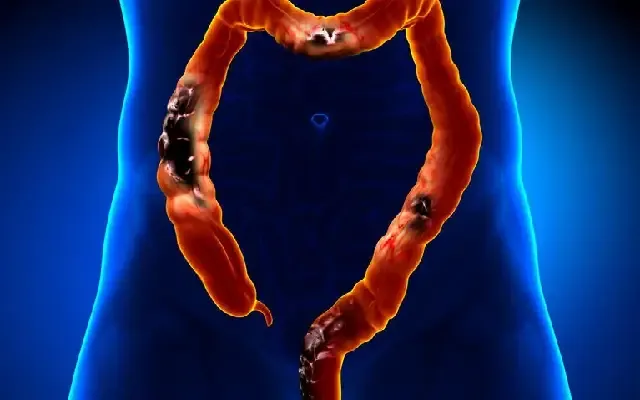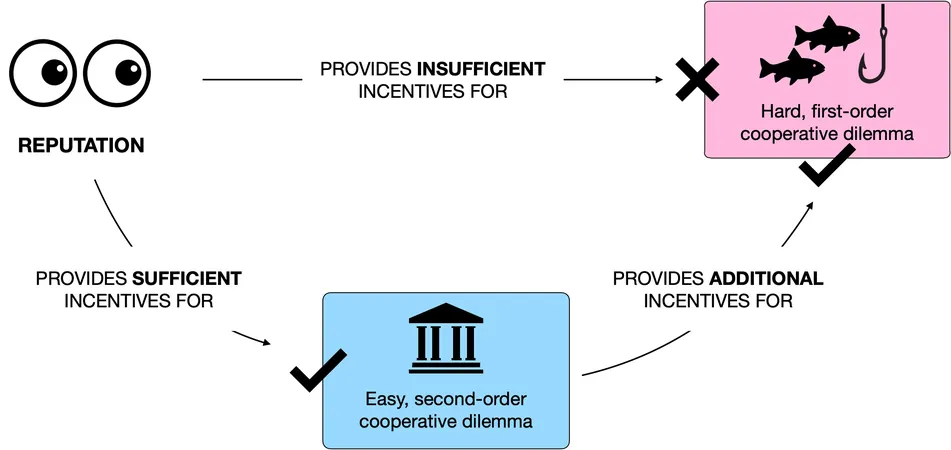
Alarming Rise in Early-Onset Bowel Cancer: Are We Ignoring the Signs?
2024-12-15
Author: William
Overview of the Rise in Early-Onset Bowel Cancer
A recent study published in The Lancet has unveiled a concerning trend: early-onset bowel cancer, which affects individuals between the ages of 25 and 49, is on the rise worldwide. This increase is particularly pronounced in England, where the rates are climbing at an alarming pace compared to many other countries. As the third most common cancer in the UK, this emerging crisis has prompted urgent discussions about public health strategies and lifestyle factors contributing to this troubling trend.
Contributors to the Rise
Experts point to several lifestyle choices as major contributors to this rise. Diets high in ultra-processed foods, low in fiber, and the increasing prevalence of obesity, combined with sedentary lifestyles, are all significant risk factors for developing bowel cancer. Research suggests that a high consumption of red and processed meats, alongside insufficient fiber intake, particularly in Western diets, exacerbates the situation.
Recognizing Symptoms Early
Bowel cancer, which affects the large bowel (including the colon and rectum), often presents with subtle symptoms that can be easily overlooked. These may include changes in bowel habits, blood in the stool, unexplained abdominal discomfort, and unintended weight loss. Recognizing these signs early can be critical for effective treatment.
Preventive Measures
Healthcare professionals emphasize the importance of lifestyle modifications to mitigate the risk of bowel cancer. Here are essential preventive measures that everyone can adopt: 1. **Enhance Fiber Consumption**: Incorporate fiber-rich foods into your diet—think leafy greens, whole grains, legumes, and fruits. Increasing fiber intake is proven to significantly reduce the risk of bowel cancer. 2. **Stay Hydrated**: Drinking between 6-8 glasses of water daily aids in flushing out toxins from the colon, promoting a healthier gut. 3. **Engage in Regular Exercise**: A sedentary lifestyle is a recognized risk factor for numerous health issues, including bowel cancer. Aim for at least 150 minutes of moderate-intensity exercise each week. 4. **Maintain a Healthy Weight**: With growing evidence linking obesity to higher bowel cancer risk, achieving and maintaining a healthy weight is vital for prevention. 5. **Avoid Smoking and Limit Alcohol**: Both smoking and excessive alcohol consumption have been linked to an increased risk of several cancers, including bowel cancer. Quitting smoking and moderating alcohol intake can offer long-term health benefits.
The Role of Early Screening
Furthermore, early screening plays a crucial role in combating this disease. Bowel cancer is highly treatable when detected in its early stages. Regular screenings are particularly important for individuals with a family history of bowel cancer, as they may be more susceptible.
Conclusion
The rise of early-onset bowel cancer serves as a wakeup call for society. Through intentional lifestyle changes and proactive medical screenings, the risk associated with this illness can be significantly minimized. Are you doing enough to safeguard your health? Don’t wait for the signs—act now!









 Brasil (PT)
Brasil (PT)
 Canada (EN)
Canada (EN)
 Chile (ES)
Chile (ES)
 España (ES)
España (ES)
 France (FR)
France (FR)
 Hong Kong (EN)
Hong Kong (EN)
 Italia (IT)
Italia (IT)
 日本 (JA)
日本 (JA)
 Magyarország (HU)
Magyarország (HU)
 Norge (NO)
Norge (NO)
 Polska (PL)
Polska (PL)
 Schweiz (DE)
Schweiz (DE)
 Singapore (EN)
Singapore (EN)
 Sverige (SV)
Sverige (SV)
 Suomi (FI)
Suomi (FI)
 Türkiye (TR)
Türkiye (TR)